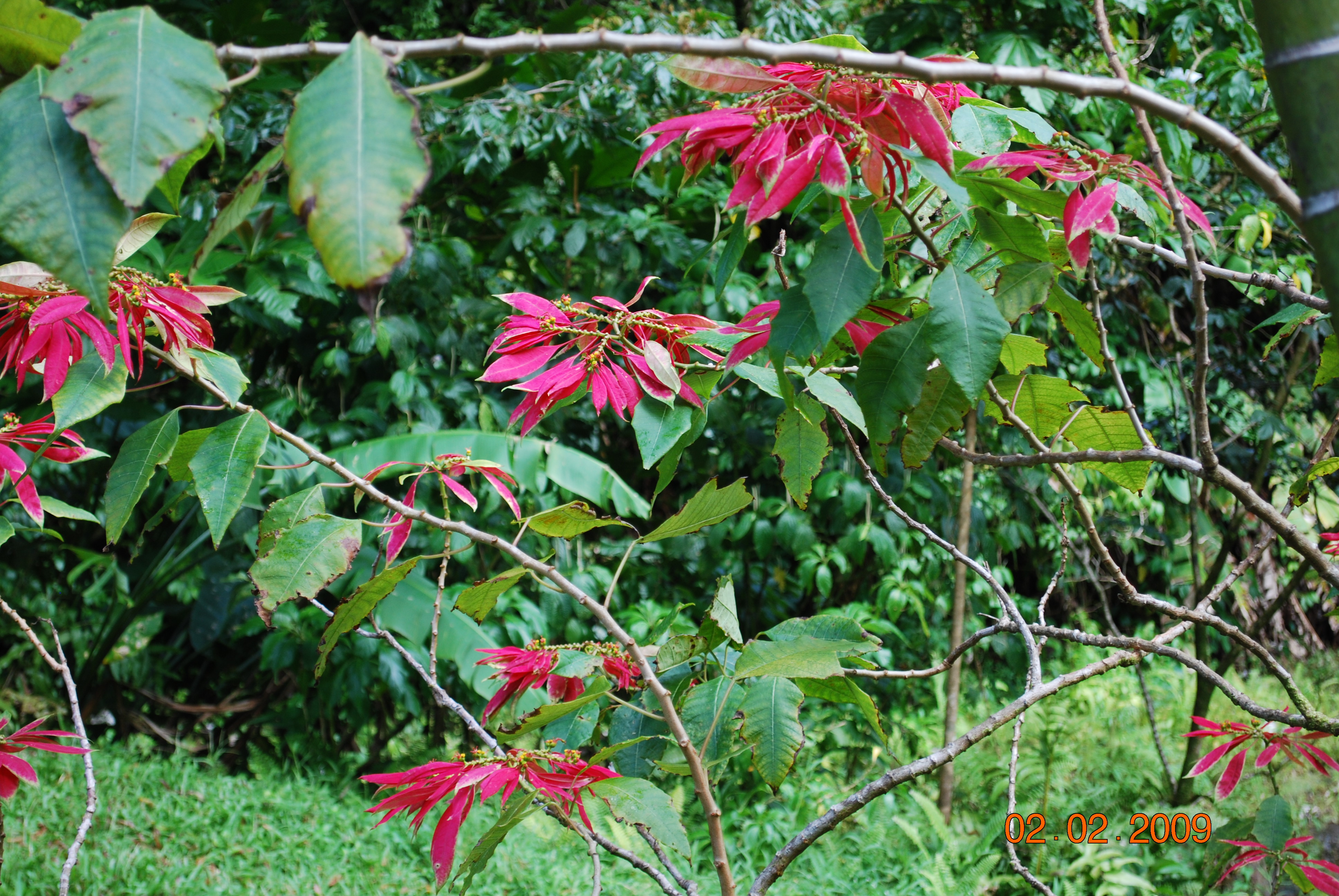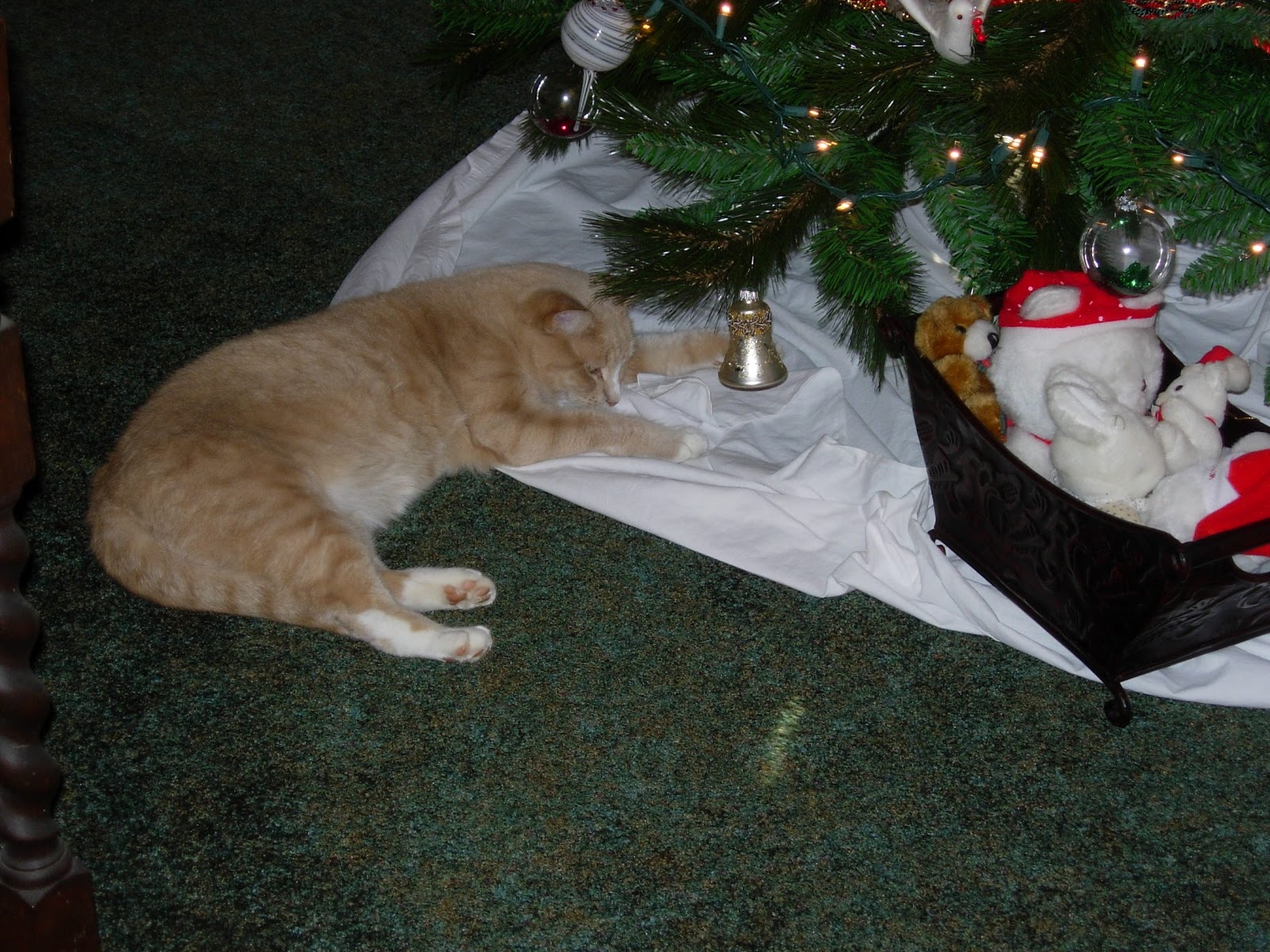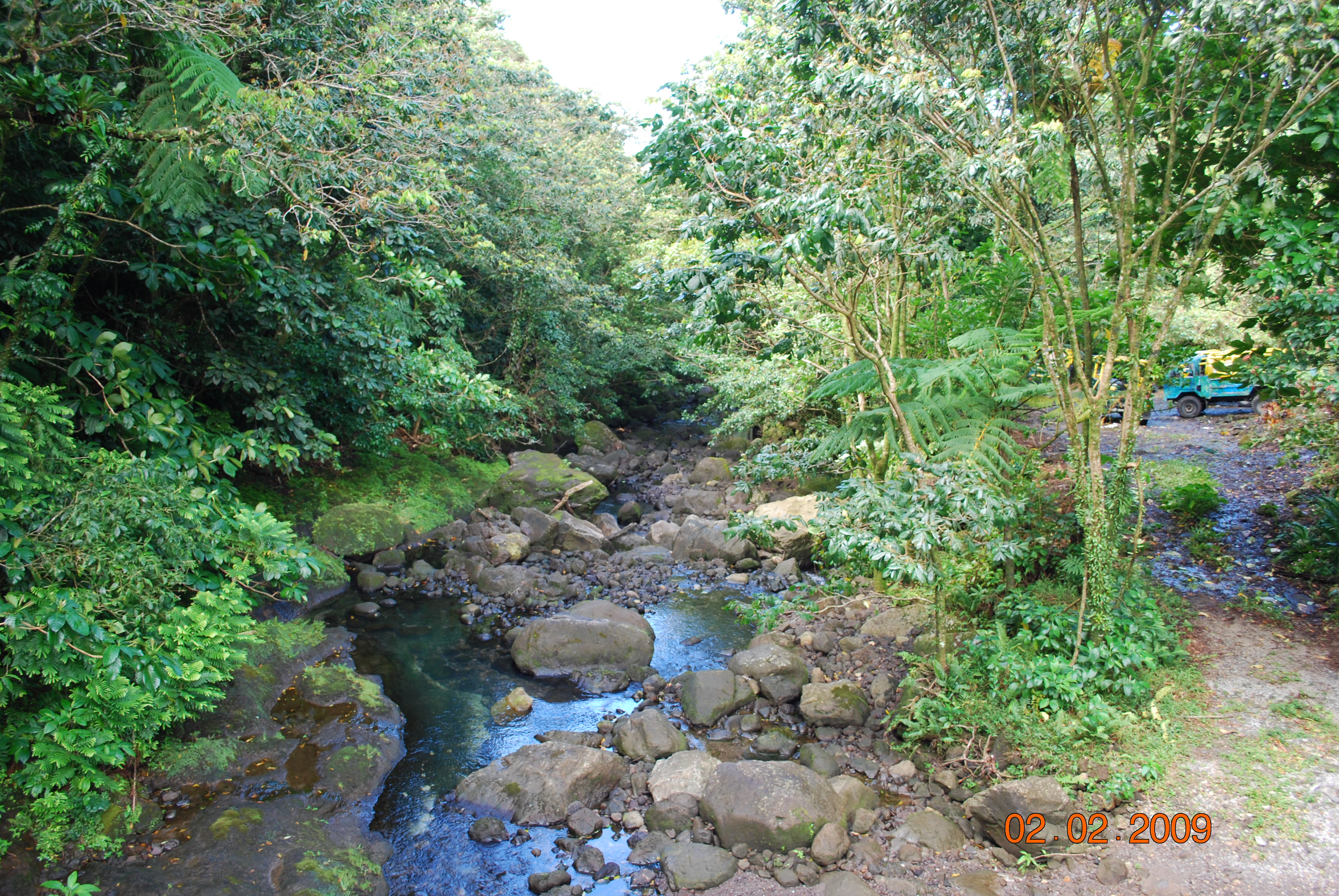With all the ballyhoo about climate change, rising oceans, and global warming, we seem to be losing track of how many cities still have high levels of air pollution.
Now this isn’t supposed to be a political post, and I don’t mean it to be one. But, I grew up in a majorly polluted city. I’d like to share my memories. Cough, sneeze, wheeze.
I grew up in the Los Angeles basin before the days of catalytic converters on cars. Lest you forget, California, and Los Angeles in particular, worship the cult of the car. Families often had more cars than drivers when I was little. We thought nothing about the poison each of our gas-guzzlers spewed into the air on a daily basis. Unless the Santa Ana winds, the Devil Winds of fire fame, blew the pollution out to sea, it hung heavy and choking over the basin. Our parents didn’t know they should keep us inside when the pollution was at its worst, but the kids learned the hard way that bike riding on a really bad day led to wheezing or lung pain. Swimming was the same. Chlorine and smog were a deadly mix, designed to give us chest pains and bloodshot eyes for an entire day.
I didn’t know mountains ringed the basin until I was about ten. Why? We couldn’t see them, unless the winds blew. And even when the winds blew the pollution out to sea, it had to go somewhere. That somewhere was back on shore when the winds changed. Later, after catalytic converters had to be fitted on all new cars, the pollution lessened, but you could still see the brown haze a hundred miles away when you flew into Los Angeles International Airport. Poor LAX. Not the best welcome mat for people with health issues, but it is better than it once was.
When I see dense smog in major cities in China, for example, I pity the kids living in lung-clogging industrial smog. Third-world countries where cooking is often over wood fires have different types of pollution. Their children are rarely warned to stay inside, as the Chinese children are. India, too, and Pakistan suffer from major cities with visibility reduced to a few hundred yards, or even less on the worst days. I think that’s a combination of industrial waste, particulates from gas-powered engines, and wood fires. A deadly combination for newborns and people with weakened immune systems.
I survived growing up polluted. California banned most outdoor burning in major cities, enacted laws reducing the amount of pollution a car or factory could dump into the air. The Los Angeles River, once a dump for trash, long ago managed by concrete water channels, is coming back. Upstream from Los Angeles, wetlands are returning. The water is purer, the air cleaner. Migrating birds have a safer place to rest on their annual journeys.
The solutions seem insurmountable, but they aren’t. A country has to make up its mind that it wants clean air and water. That decision takes so much climate-changing waste out of the air. Look at India. It is trying to clean up the holy Ganges River from the highlands downward. If its experiment continues, in a few decades the water downstream should steadily become less polluted.
We can do this together. Each of us can take a small step toward cleaning up our little corner of the world. Cooperation among neighbors can lead to cooperation among nations for the sake of our planet.
What can you do to clean up the environment?
###
Betsy Ashton is the author of Mad Max, Unintended Consequences, and Uncharted Territory, A Mad Max Mystery, now available at Amazon and Barnes and Noble. I’m really excited that the trade paper edition of Uncharted Territory was released this week. Please follow me on my website, on Twitter, Facebook and Goodreads.






0 Comments